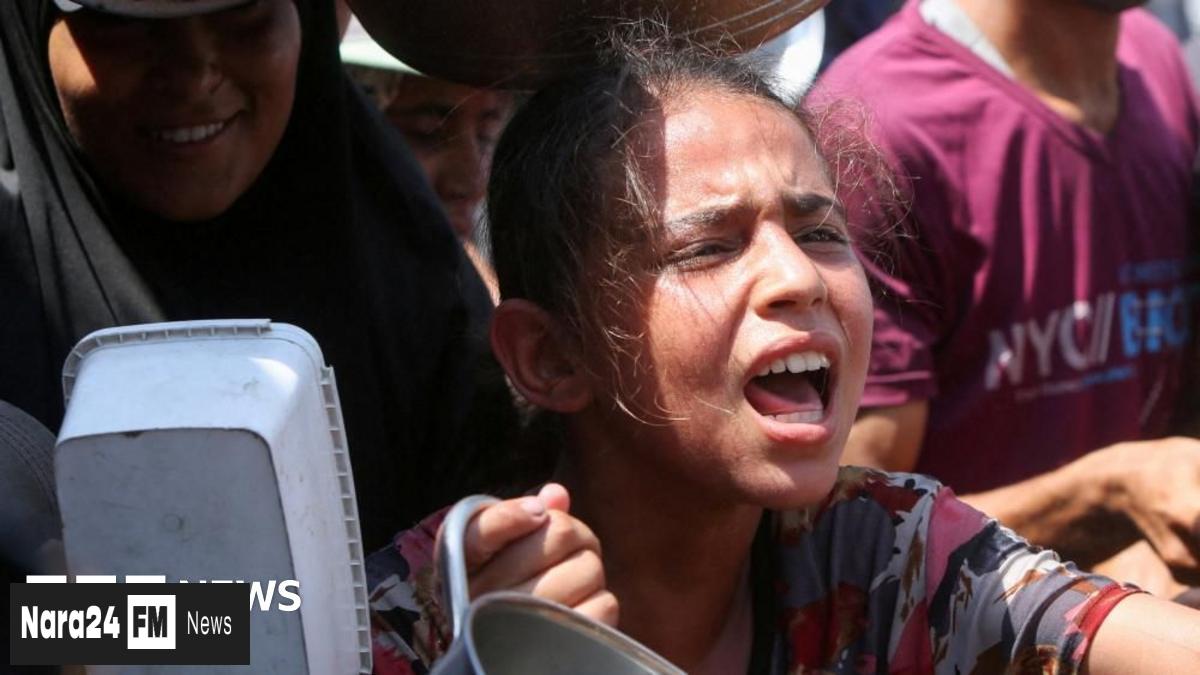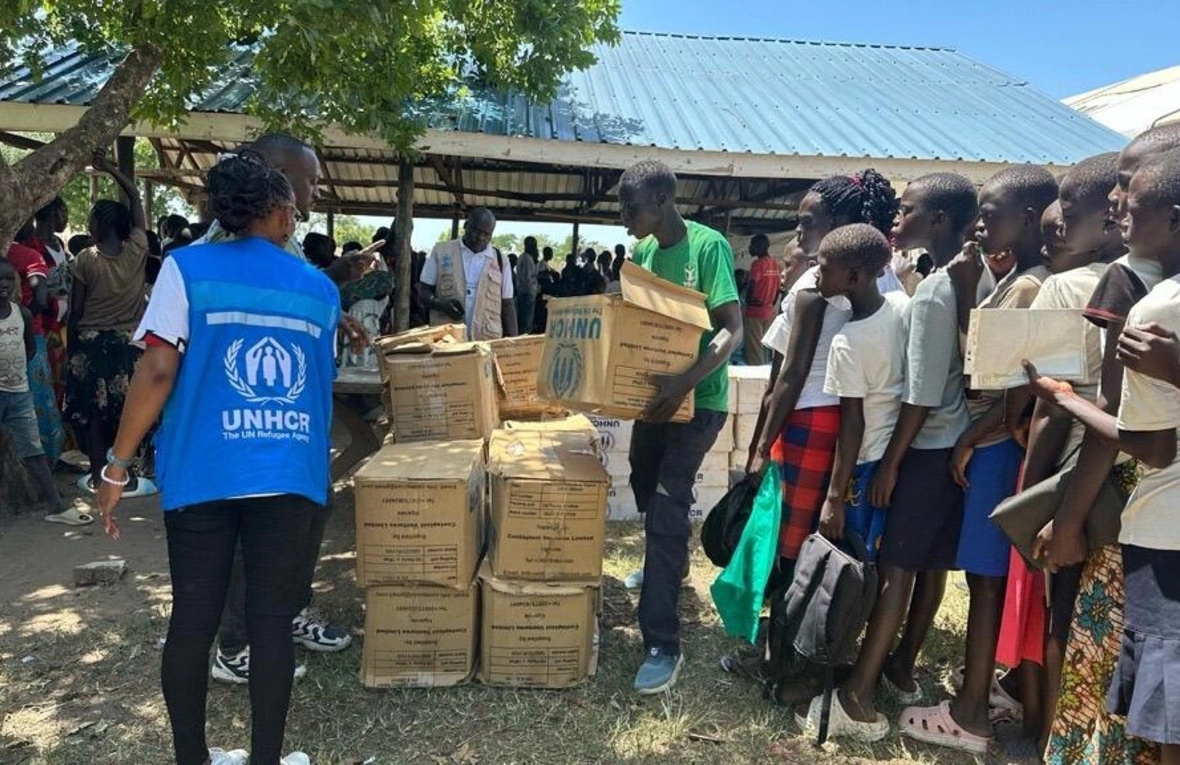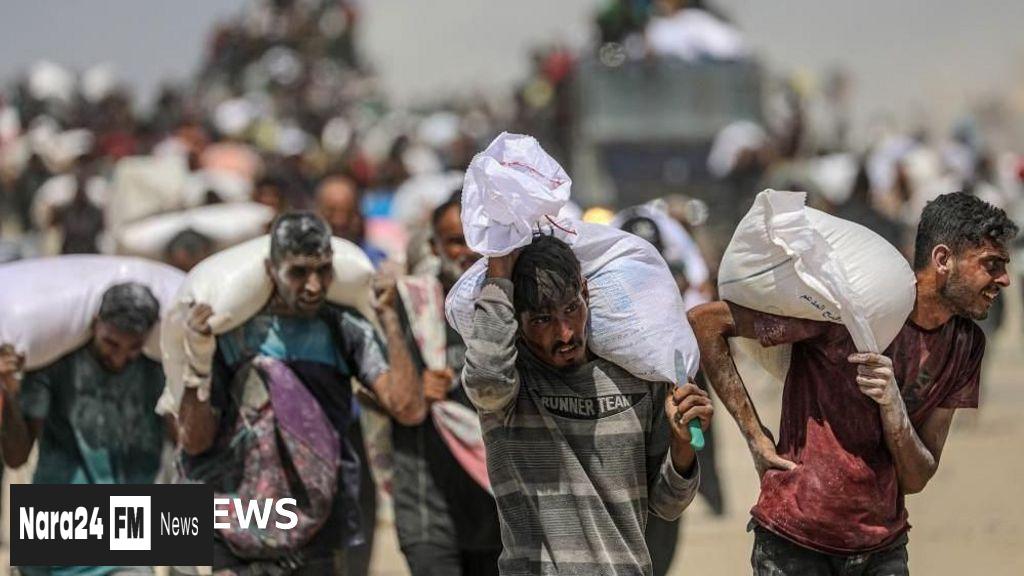Escalating violence across South Sudan has forced more than 165,000 civilians from their homes since February 2025, creating a domino effect of humanitarian emergencies throughout the region, according to the UN Refugee Agency (UNHCR). Intensified fighting in Upper Nile state and other conflict zones has crippled essential services while triggering severe food shortages and worsening disease outbreaks.
Internal Collapse and Cross-Border Flight
Approximately 65,000 individuals have been internally displaced within Upper Nile state alone, with many families experiencing repeated relocations as violence spreads. Critical aid delivery to these hotspots remains obstructed by active combat and movement restrictions, leaving vulnerable populations without medical supplies or cholera interventions. Compounding the crisis, seasonal rains now threaten to isolate communities further through flooded roads and inflated transportation costs.
Meanwhile, an additional 103,000 South Sudanese citizens have crossed into neighboring countries, swelling the total number of refugees from the world's youngest nation to 2.3 million. This exodus strains host nations already grappling with their own complex challenges:
- Sudan has received 41,000 new arrivals despite its ongoing conflict, with 26,000 sheltering in overwhelmed White Nile state facilities
- Democratic Republic of Congo hosts 23,000 refugees amid persistent insecurity
- Ethiopia struggles to support 21,000 arrivals with stretched infrastructure amid cholera outbreaks
- Uganda reports a 135% annual increase in arrivals (18,000 since March), with 70% being children taking dangerous escape routes
"This emergency could not have come at a worse time," stated UNHCR Regional Director Mamadou Dian Balde. "Host nations face compounding crises while brutal funding cuts cripple our capacity to deliver even basic life-saving assistance."
Funding Emergency and Conflict Spillover
UNHCR requires $36 million to provide critical support over the coming six months, including emergency shelter, water access, health screenings, nutrition support, and cash assistance. The agency simultaneously called for immediate cessation of hostilities to prevent further civilian suffering.
Beyond the displacement crisis, the UN Mission in South Sudan (UNMISS) expressed grave concern over escalating intercommunal violence in Warrap state's Tonj East county. Cattle-raiding conflicts and revenge killings have reportedly caused over 80 casualties, though verification remains challenging. Peacekeepers face obstacles reaching affected areas due to numerous armed checkpoints established by youth militias.
South Sudan's humanitarian catastrophe unfolds against the backdrop of the nation simultaneously hosting over one million refugees fleeing Sudan's conflict—creating a complex dual crisis of outbound displacement and inbound asylum demands. With cholera spreading and resources dwindling, humanitarian organizations warn of catastrophic consequences without urgent intervention and diplomatic engagement.









Comments (0)
Leave a Comment
Be the first to comment on this article!